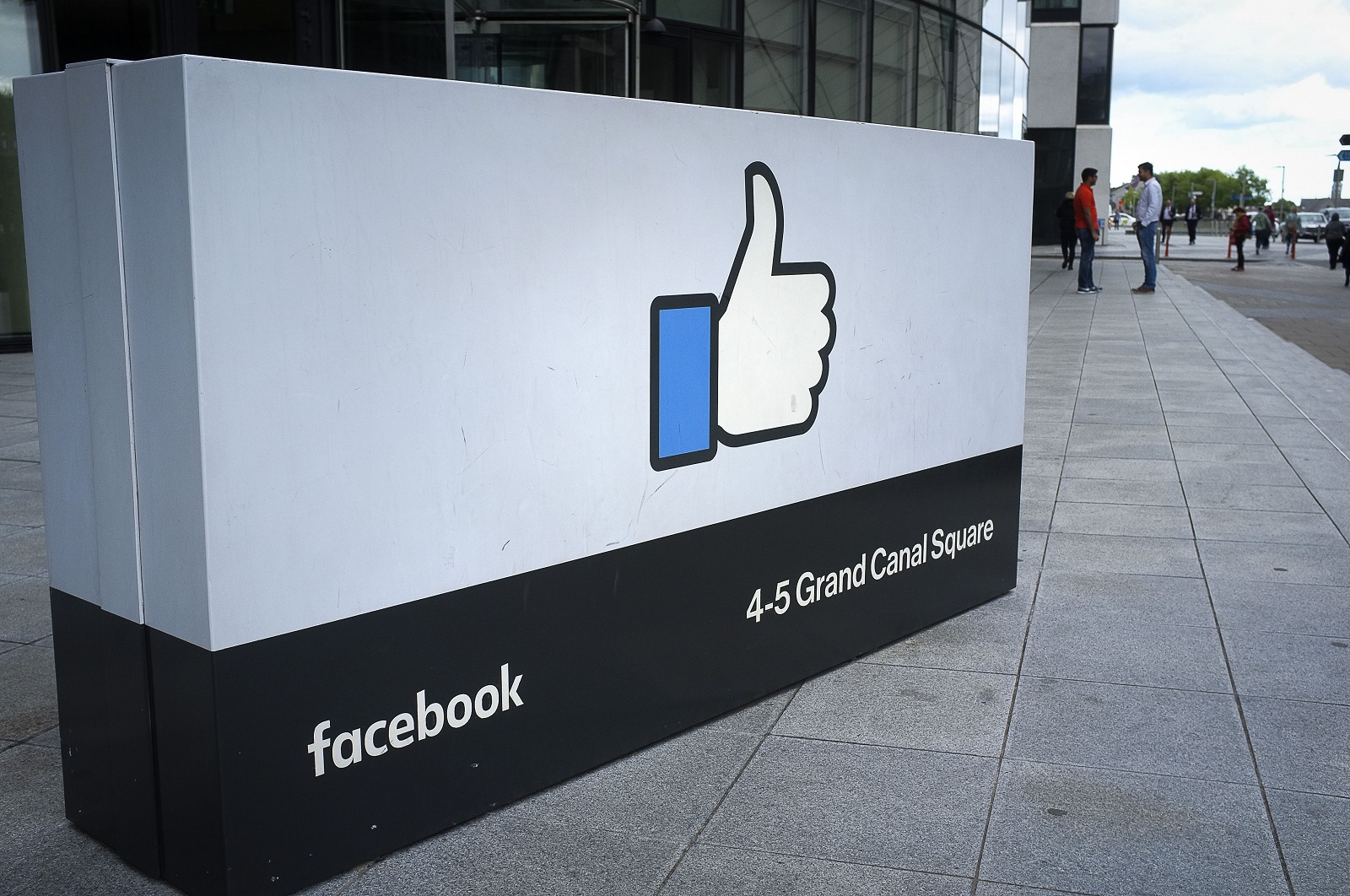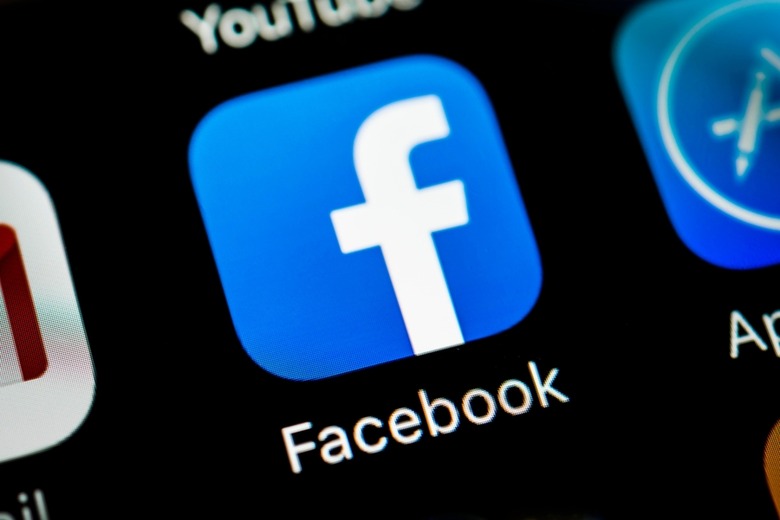Facebook Takes Another Completely Unnecessary Shot At Apple's Business Model
Facebook and Apple have been taking thinly veiled shots at each other over the last few years, the cadence of which really picked up in the wake of Facebook's Cambridge Analytica scandal and the ensuing heap of troubles that followed in its wake.
Suffice it to say, the biggest social networking company in the world finds itself fighting against headwinds today that include an enormous amount of mistrust, with even its CEO recently joking the company doesn't exactly have the best record when it comes to privacy.
Nevertheless, for some reason, a top Facebook executive speaking at an event in Berlin on Monday thought it would be worthwhile to amp up the continuing tension between the social network and Apple by launching a fresh broadside against the iPhone maker, of course without calling it out by name. These comments come at a time when Facebook is diving into a major cryptocurrency project and trying to bundle together its myriad messaging services while also avoiding regulation from lawmakers that increasingly have had enough of its mishaps.

Noting that Facebook is "free" and meant for everyone, the company's head of global affairs Nick Clegg then went on to rant that "Some other big tech companies make their money by selling expensive hardware or subscription services, or in some cases both, to consumers in developed, wealthier economies. They are an exclusive club, available only to aspirant consumers with the means to buy high-value hardware and services."
There's no exclusivity or "VIP access" at the company, Clegg continued. Its services "are as accessible to students in Guatemala, cattle farmers in the Midwest United States, office workers in Mumbai, tech startups in Nairobi, or taxi drivers in Berlin. More than 2 billion people use our platforms — because they can."
Of course, some of you will no doubt shoot back — Millions of peoples' personal data has been taken advantage of over and over by Facebook. Because it can.
Apple CEO Tim Cook, for his part, has done the same in recent weeks, with one of his best lines in his recent commencement address at Stanford University being when he blasted unnamed companies (but the implication being companies like Facebook) as chaos factories. "It feels a bit crazy that anyone should have to say this, but if you built a chaos factory, you can't dodge responsibility for the chaos," Cook said.
It's unfortunate to see companies make trite arguments to differentiate themselves from the competition and to deflect from their own troubles, but Clegg's argument here is definitely nothing new. Namely, that Apple gets rich by selling super-expensive hardware to users while Facebook is the more populist and better option of the two. Anyone ought to be able to see this straw man from a mile away.
